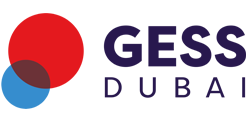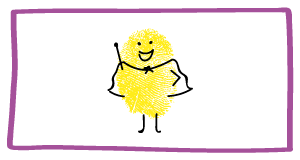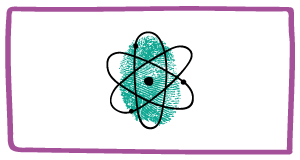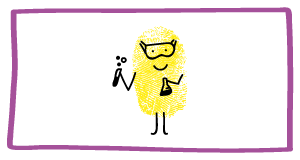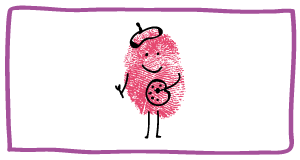Teaching the Teachers: Do We Know How to Create Real Professionals?
Is teaching a natural ability gifted to us when we are born? Or maybe teaching, like becoming a doctor or an engineer, is also a learned skill? For a long time, the esteemed art of teaching was considered an innate ability. However, educational reformists have recently broken this stereotype to show that teachers are made, not born. Effective teaching, like any other career, is learned through trial & error and from experience.
Why is high-quality training imperative for students to succeed? Definitely, our students ought to have the best. Learning to teach is a rising concern for governing bodies and educational reformers. The circumstances and vision behind teaching form the core concepts of teacher learning. What can teachers do to put together a well-built teaching practice and ultimately build up a professional identity?
1. Misconceptions about Teaching:
A good place to begin – break the myths about teaching. Conservative insight into teaching is deeply rooted in the social stance towards teaching and the experience that one goes through as a student. The idea that teachers are born and not made is ingrained in a traditional viewpoint. Additionally, it was formerly thought that simply knowing your subject qualified you to present the knowledge to others. However, both these concepts ignore the rising perception of teaching as a multifaceted, tentative practice, and diminish the role of specialized education on the basis that the art of teaching cannot be taught.
2. New Strategies for Learning to Teach:
If teachers want to discard the old methods of teaching and learn a version of it that they have not experienced as students, they may want to look into reconstructing their previous beliefs about it. So, time to build up innovative and fresh frames of reference to understand what happens in the classroom and make a judgment call about what and how to educate. Additionally, it would be prudent to develop a theoretical and academic knowledge of their subject matter so they can pursue teaching methods to engage students not only to acquire knowledge but also in developing and passing it on.
3. Understanding Student Culture:
Wouldn’t it be great if teachers could build bridges between the subject matter and students? To do that, teachers need to be aware of what kids are like at various ages. Educators should be aware of how their students perceive their world, and how their methods of thinking and behaving are formed by their language and customs, and how they gain self-assurance as learners. This information becomes vital for teachers to work with students from diverse cultures and racial backgrounds.
4. Learn From Teaching:
What if teachers could isolate and focus on what they picked up from teaching? To facilitate their own learning, teachers can work on their skills of observing, understanding & examination, backing student learning with evidence, and the readiness to examine alternative interpretations. To be an effective teacher, enhance your ability to properly utilize your knowledge and experience in specific situations.
5. Ongoing Professional Development:
Colleagues can be used as good resources for teachers who aspire to learn to teach. Having constant and regular prospects to learn from each other is imperative for experienced teachers. This ongoing professional growth keeps teachers informed about the latest research on how students learn and state-of-the-art technology for classrooms.
Fortunately, teacher-preparing programs present potential educators with the tools, guidance and practical knowledge they’ll require once they embark on their vocational journey. The knowledge acquired by students is directly associated to what the teachers teach and what they teach vastly relies upon the knowledge, capability, and devotion that they bring to their training.
